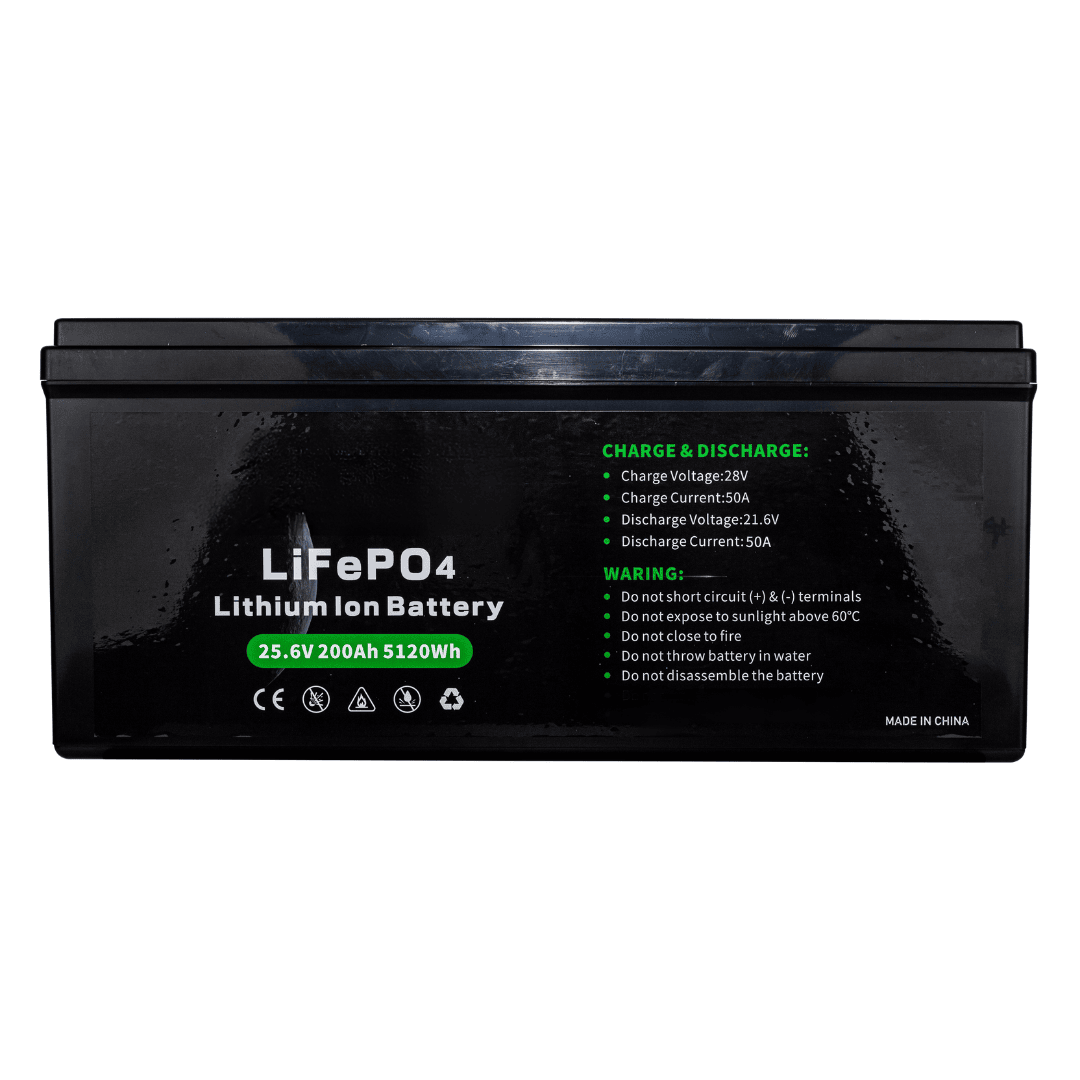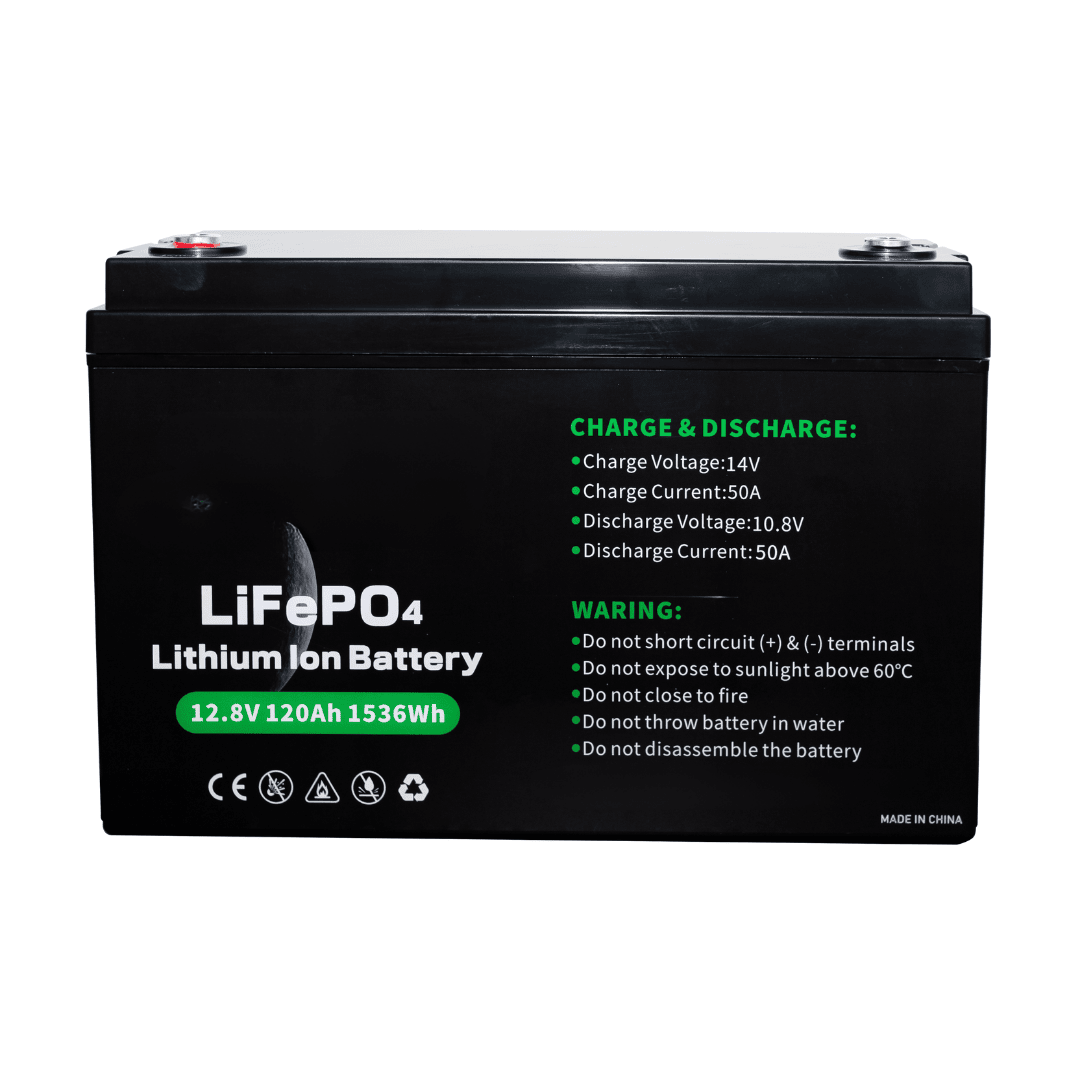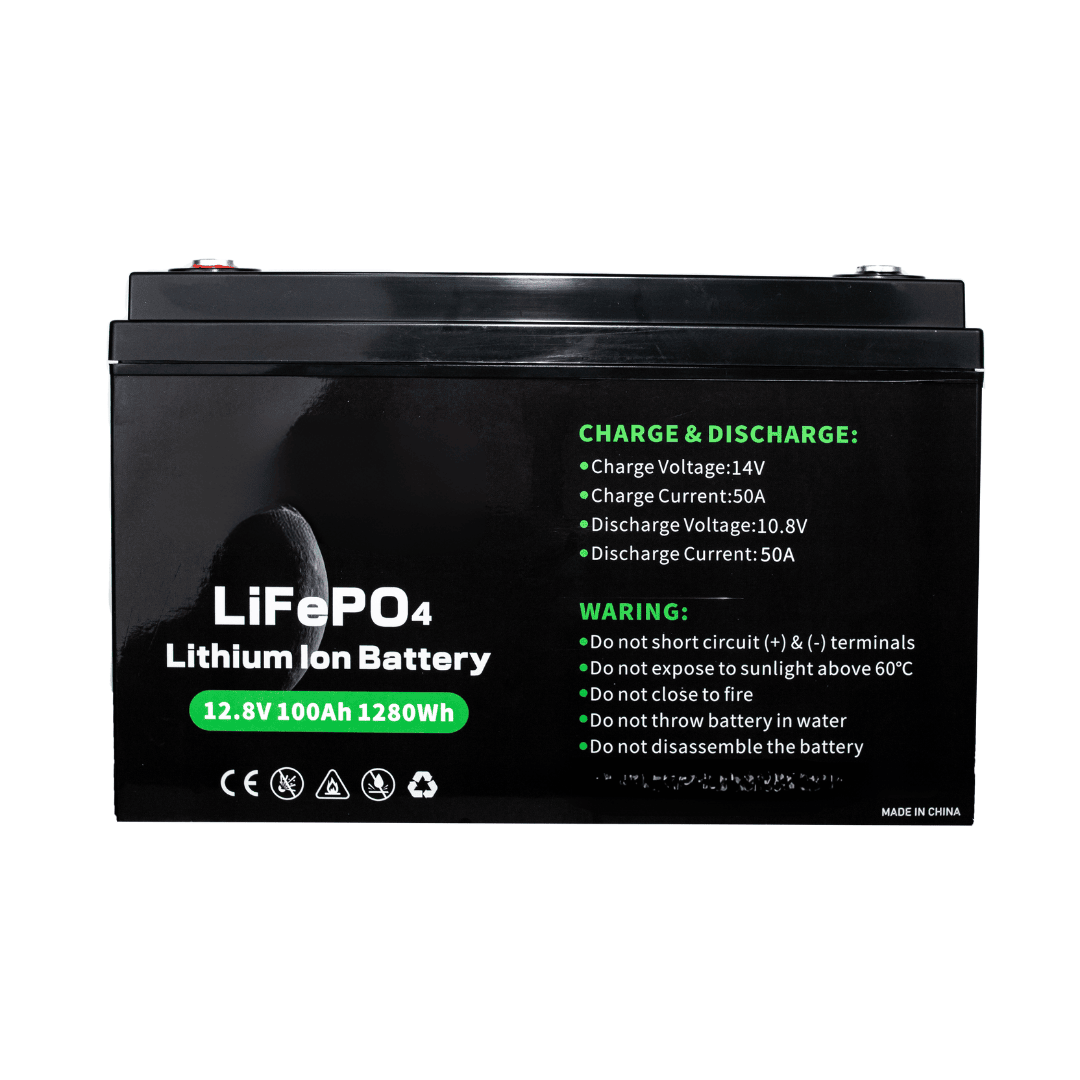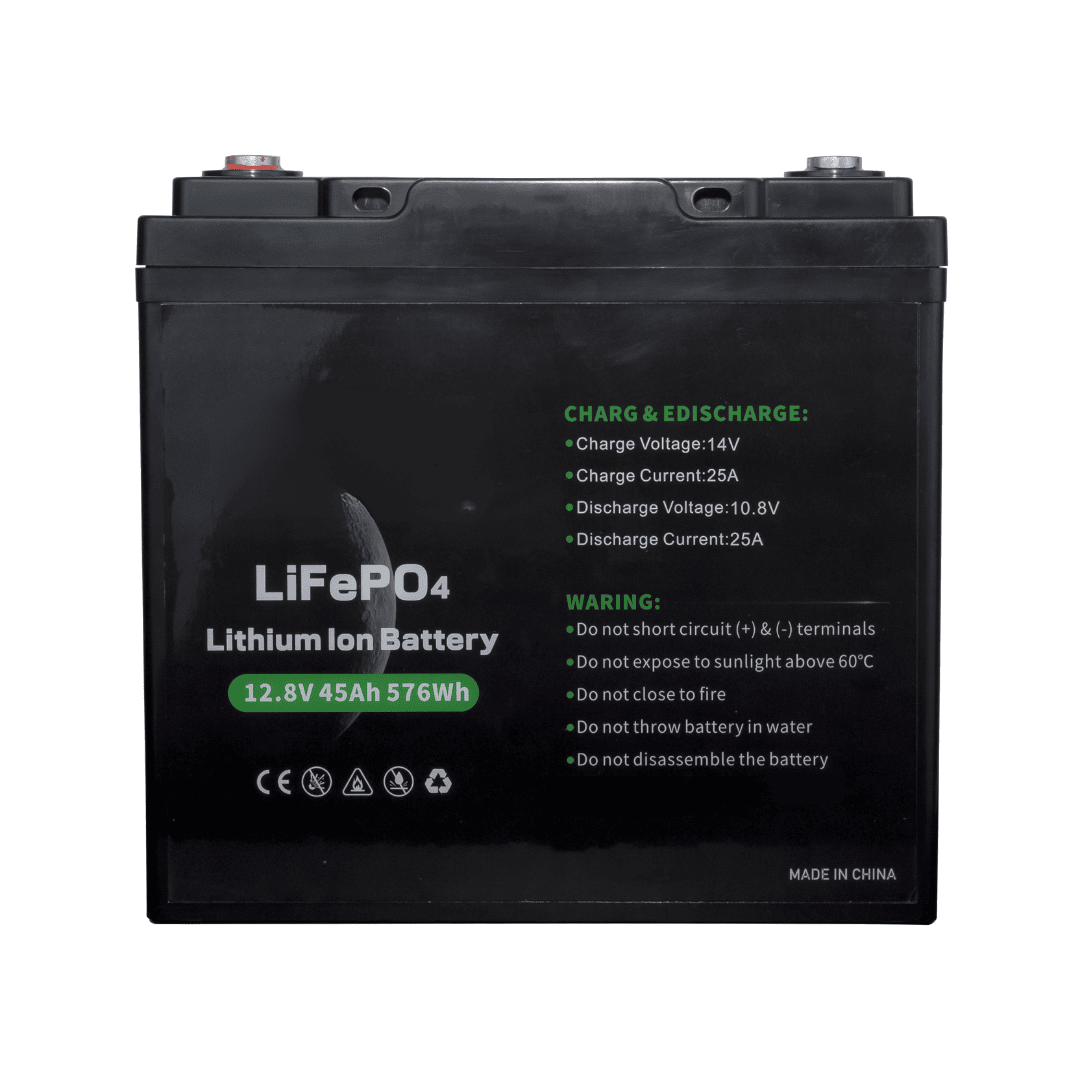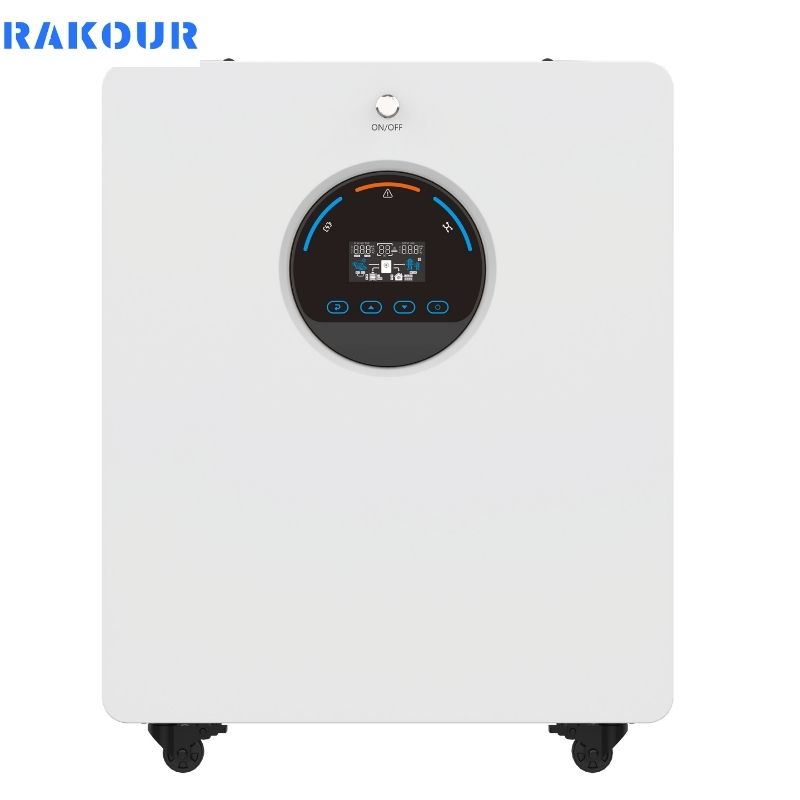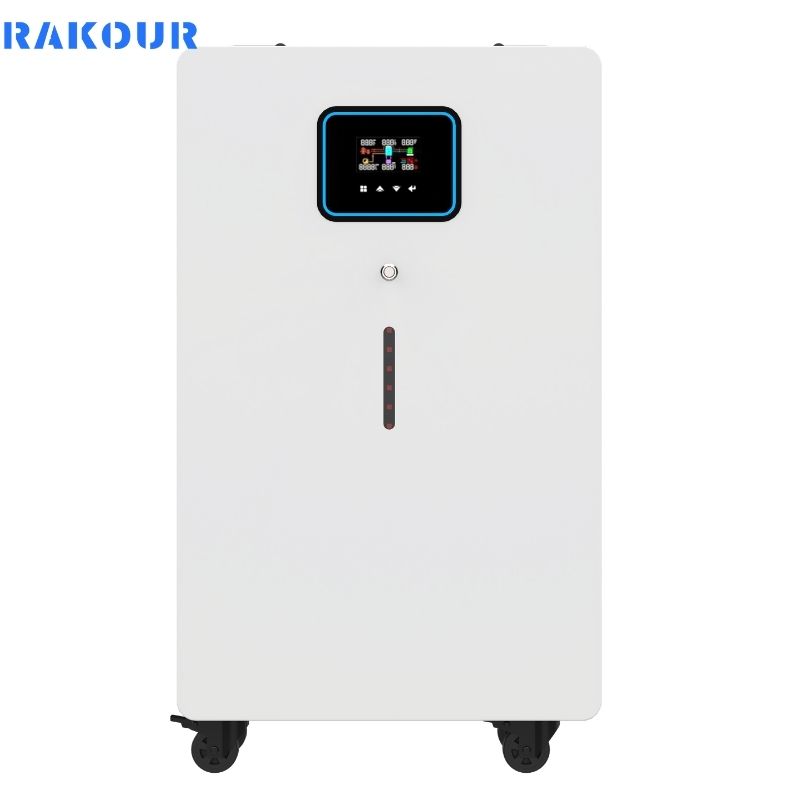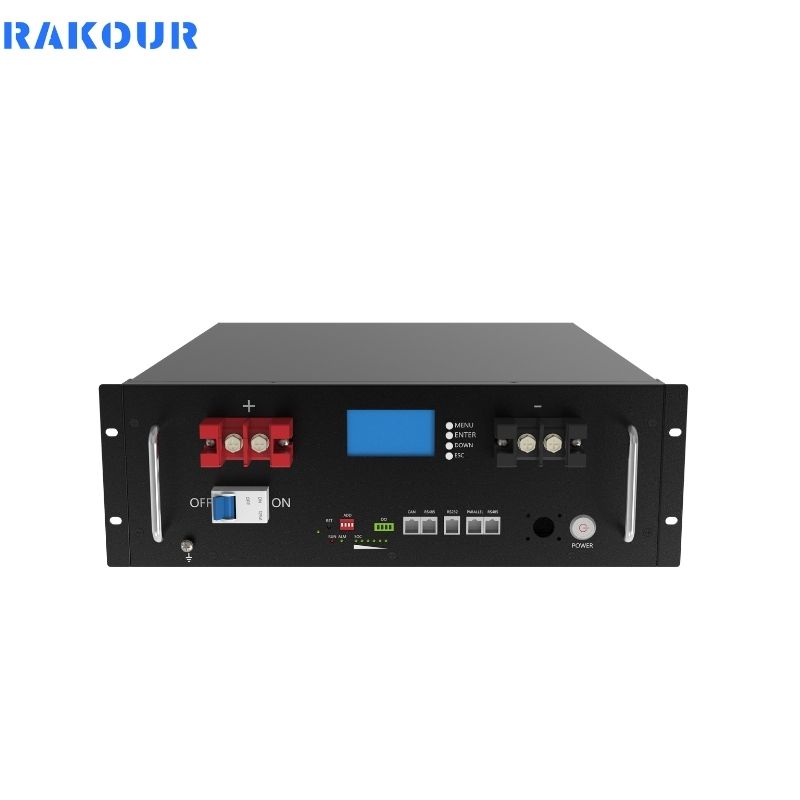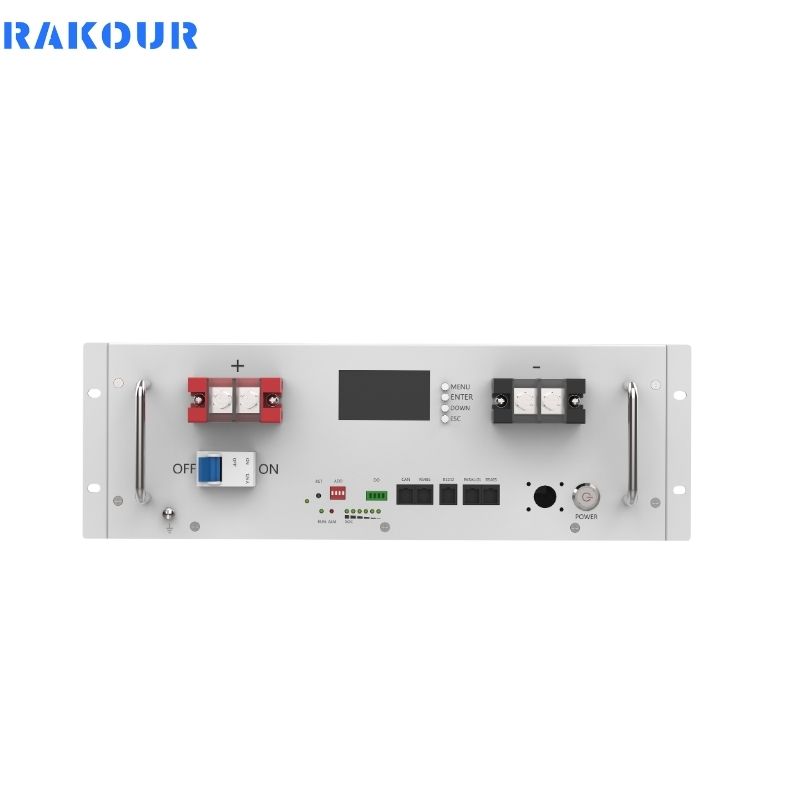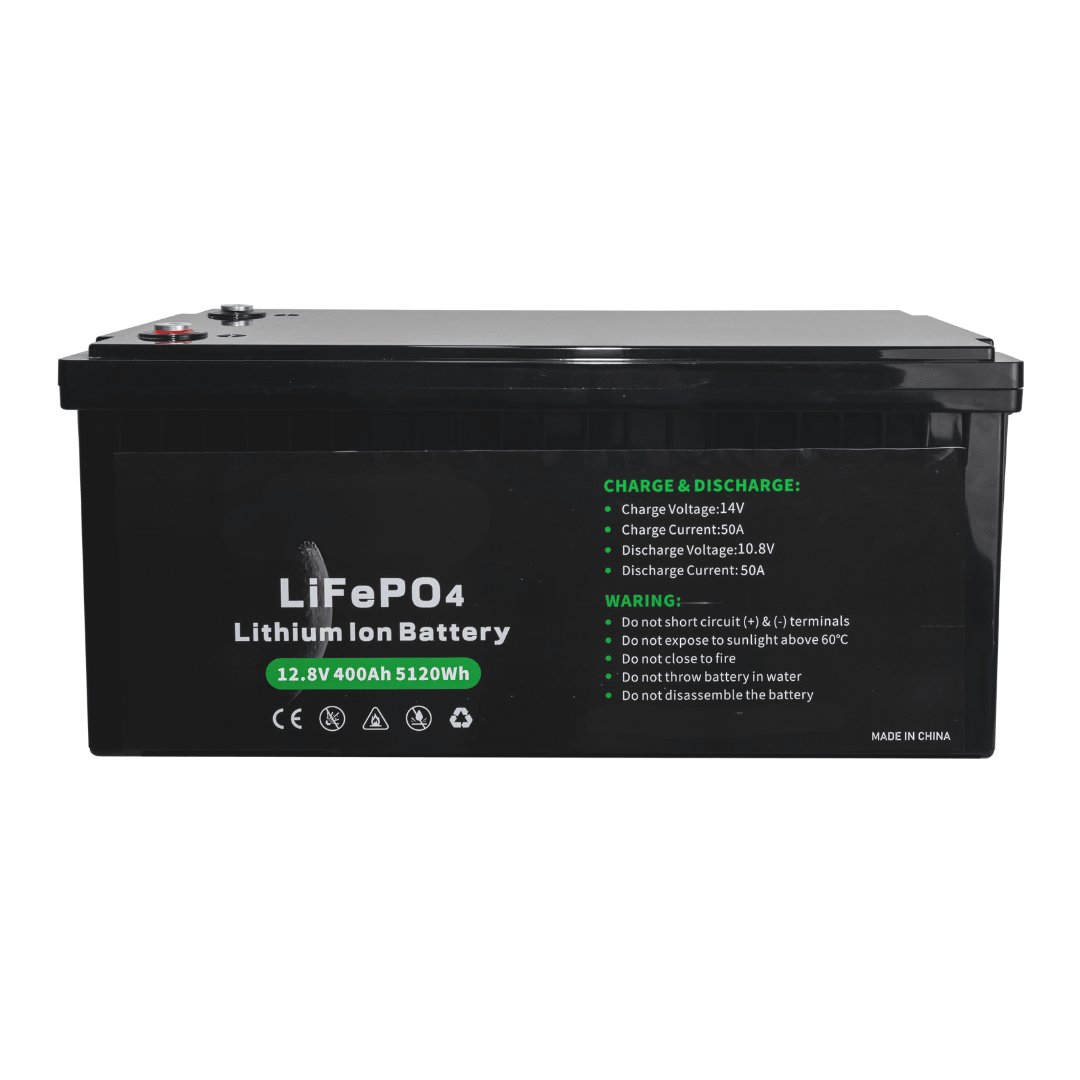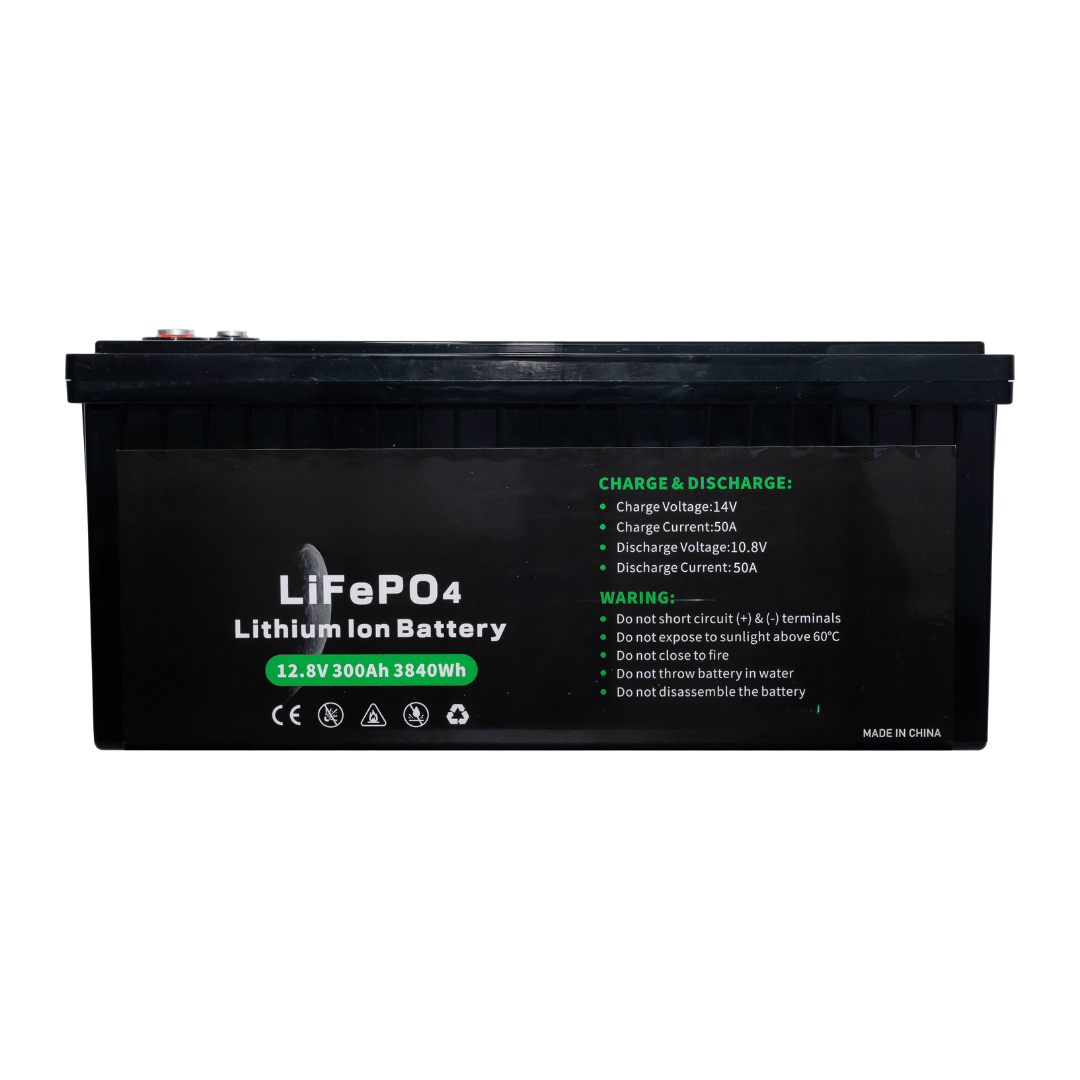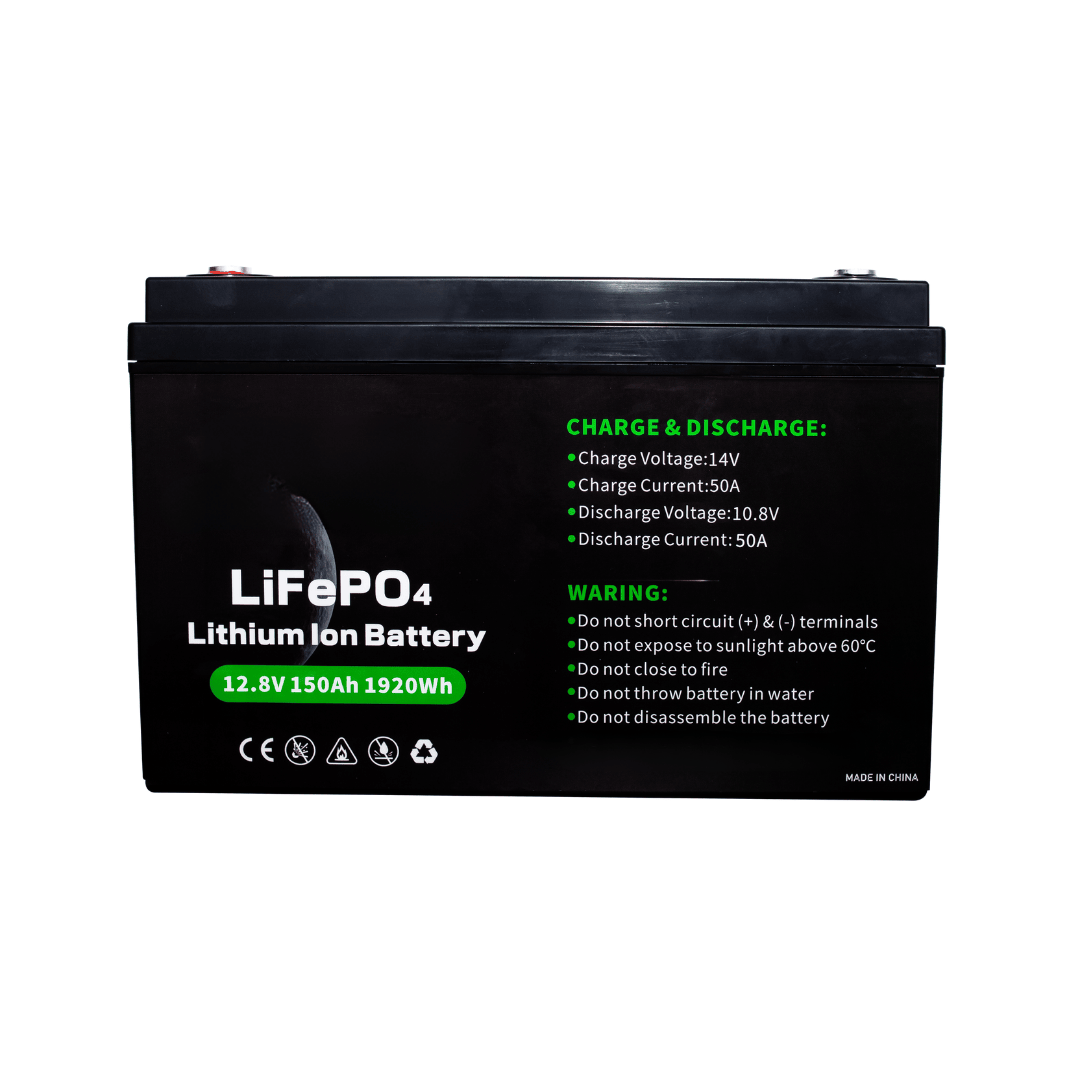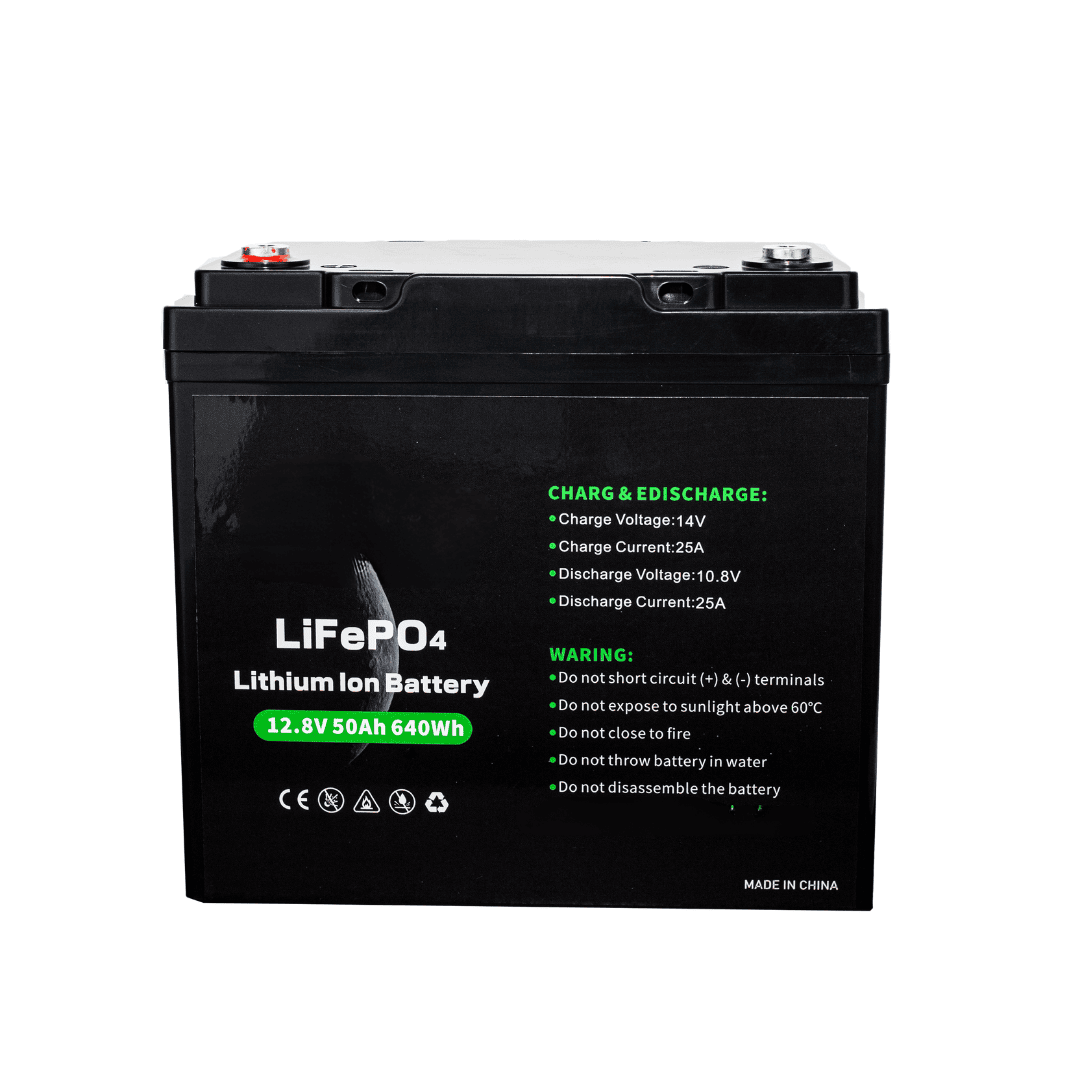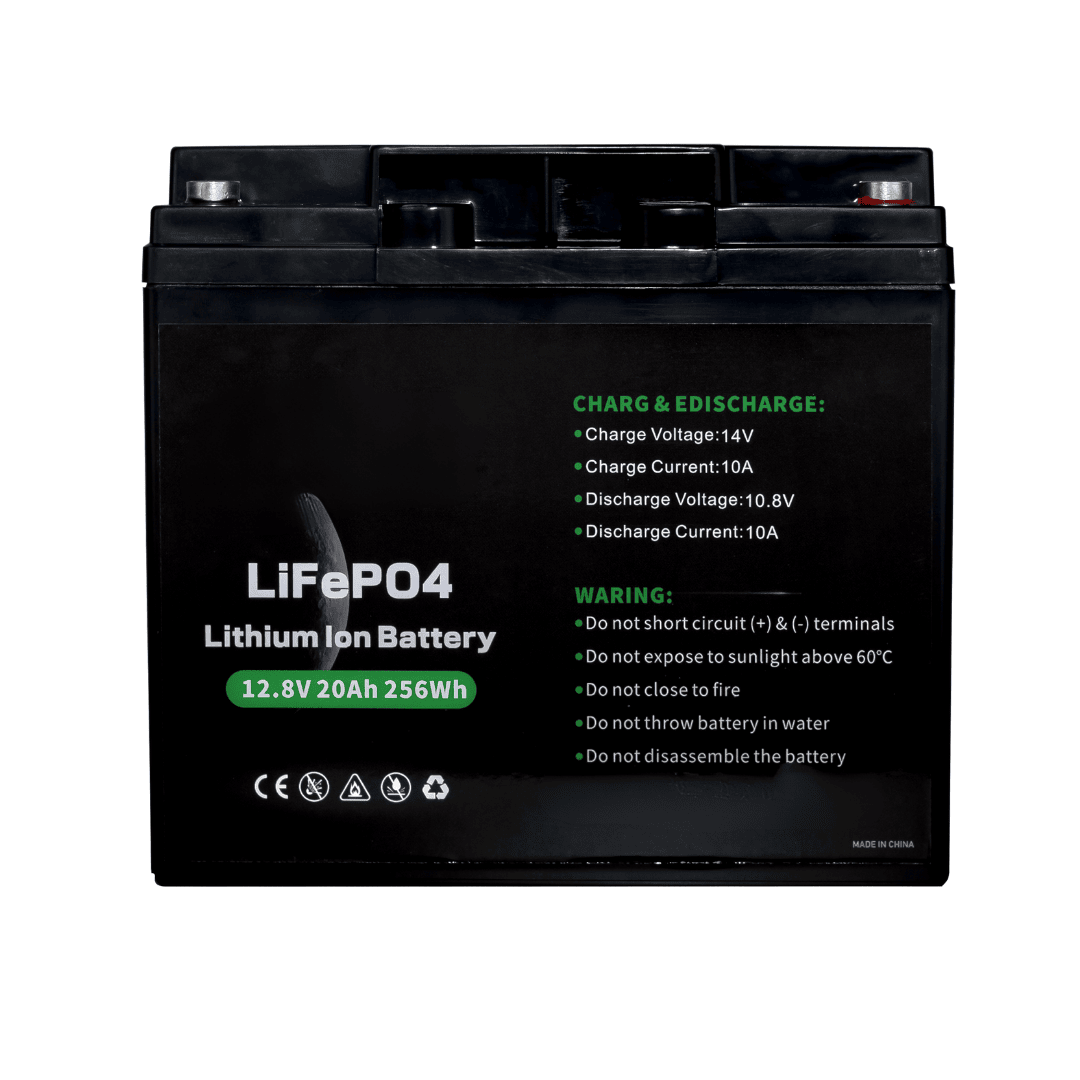Introduction
The 12V lithium battery has emerged as a cornerstone in modern energy solutions, thanks to its lightweight design, impressive longevity, and rapid charging capabilities. As we navigate through an era increasingly dependent on portable power, understanding the various applications of the 12V 100Ah lithium battery becomes essential. This blog will explore the top ten applications of the 12V 100Ah lithium ion battery, highlighting its versatility and advantages in diverse fields ranging from renewable energy to medical devices.
Lithium batteries, particularly the 12V battery lithium, are not merely a trend; they represent a significant advancement in battery technology that has transformed how we approach energy storage and usage. With their high energy density and low self-discharge rates, these batteries are ideal for a wide range of applications. For a more comprehensive look at these applications, you can check out our detailed guide on the top 10 applications for your lithium 12V battery. Let’s delve deeper into what makes these batteries so unique and beneficial.
What is a Lithium 12V Battery?
A lithium 12V battery is a rechargeable power source that operates at a nominal voltage of 12 volts. It employs lithium-ion technology, which allows for high energy density and extended cycle life. These batteries are often utilized in various applications, including automotive systems, renewable energy storage, and portable electronic devices.
The construction of a lithium battery consists of four key components:
- Anode Material: This component facilitates the flow of electric current and stores lithium ions during recharging.
- Cathode Material: Serving as the source of lithium ions, the cathode determines the battery’s capacity and voltage.
- Electrolyte: A medium that allows lithium ions to move between the anode and cathode.
- Separator: A barrier that prevents direct contact between the anode and cathode.
The lightweight nature of lithium batteries makes them particularly appealing for applications where portability is crucial. Their ability to perform well under varying temperature conditions further enhances their utility across different environments. For more detailed information on lithium-ion battery types and their characteristics, you can visit Battery University.
Advantages of Lithium 12V Batteries
Lithium 12V batteries offer several compelling advantages over traditional lead-acid batteries:
- Charge and Discharge Rate: These batteries maintain a consistent voltage throughout their discharge cycle, ensuring efficient energy delivery. They can handle high charge currents, allowing for faster charging times compared to other battery types.
- Quick Charging: The rapid charging capabilities of lithium batteries mean they can be fully charged in significantly less time than conventional batteries. This feature is particularly advantageous in applications where downtime must be minimized. If you’re interested in upgrading your power solutions with reliable lithium technology, don’t hesitate to reach out for assistance on how to choose the right battery for your needs here.
- Long-Lasting: With lifespans extending up to ten times longer than traditional batteries, lithium 12V batteries require fewer replacements. Their maintenance-free operation eliminates the need for regular upkeep such as water changes.
- Environmentally Friendly: Unlike lead-acid batteries that contain harmful heavy metals, lithium batteries are less toxic and more easily recyclable, making them a more sustainable choice for consumers.
These advantages make lithium 12V batteries an attractive option for various applications, from renewable energy systems to mobility aids. For insights into safety concerns related to lithium-ion technology, you can refer to UL Research Institutes.
Top 10 Applications for Lithium 12V Batteries
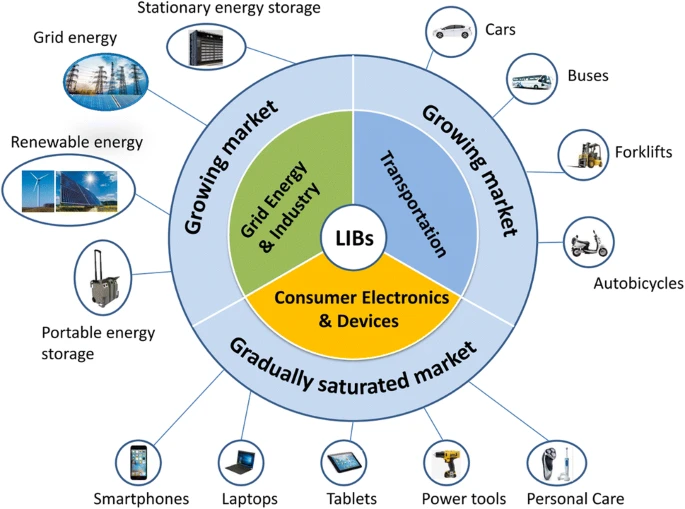
A. Solar Energy Systems
The integration of 12V lithium batteries into solar energy systems has revolutionized how we harness renewable energy. These batteries excel at storing excess energy generated by solar panels during sunny days, ensuring power availability even at night or during cloudy weather. Their rapid charging capabilities optimize energy storage efficiency, making them indispensable for off-grid solar power solutions. As noted by Battery University, lithium-ion batteries are ideal for this purpose due to their compatibility with solar panels’ charging nature and swift charging capability.
B. RV and Camping Applications
For outdoor enthusiasts, 12V 100Ah lithium batteries are perfect companions for RVs and camping trips. Their lightweight design allows for easy transport and installation in recreational vehicles. Additionally, they retain charge longer than traditional batteries, making them ideal for intermittent use during camping excursions. For more information on popular uses of lithium batteries in RVs and camping, check out our article on 15 popular uses and applications.
C. Marine Applications
Lithium batteries are increasingly adopted in marine applications due to their robustness and resistance to harsh conditions. Their ability to withstand vibrations and shocks makes them suitable for boats and other watercraft. Furthermore, they charge quickly and discharge efficiently, ensuring reliable power for onboard equipment.
D. Emergency Power Backup Systems
In times of power outages or emergencies, having a reliable backup power source is crucial. The use of a 12V 100Ah lithium ion battery provides immediate power availability when needed most. They can seamlessly power essential equipment such as medical devices, communication tools, and lighting systems during outages.
E. Medical Equipment
The medical field benefits significantly from lithium battery technology. These batteries are commonly used in devices such as pacemakers and insulin pumps due to their long lifespan and low drain current characteristics. The reliability provided by lithium-ion technology ensures that critical medical equipment remains operational when it matters most.
F. Monitoring Systems
Lithium 12V batteries are ideal for powering monitoring systems in remote locations where access to traditional power sources may be limited. Their low self-discharge rate ensures that these systems remain functional even when not actively used, making them suitable for surveillance cameras and environmental sensors.
G. UPS (Uninterruptible Power Supply) Systems
The need for uninterrupted power supply is paramount in many industries. Lithium 12V batteries are increasingly used in UPS systems due to their quick charging capabilities and ability to store energy efficiently over extended periods. They provide reliable backup power for servers and communication networks during outages.
H. Drones and Robotics
The lightweight nature of lithium 12V batteries makes them an excellent choice for drones and robotic applications. Their high energy density allows these devices to operate longer without frequent recharges while maintaining performance under demanding conditions.
I. Mobility Devices
For individuals with mobility challenges, lithium-ion technology has transformed personal mobility devices such as scooters and wheelchairs. These devices benefit from the lightweight design of lithium batteries like the 12v battery lithium, allowing users greater independence with extended operational time on a single charge.
J. Golf Carts and Trolleys
Golf carts have traditionally relied on lead-acid batteries; however, many manufacturers are now opting for lithium alternatives due to their superior performance characteristics. The transition from lead-acid to a 12v 100ah lithium battery offers longer cycle lives and faster charging times while reducing overall weight—enhancing both speed and efficiency on the course.
For further exploration into advancements in battery technologies including potential future developments in lithium-ion systems, check out research highlights from Stanford University here or our article on the main applications of 12V lithium batteries.
recommended reading
Conclusion
Lithium 12V batteries have emerged as a game-changer in various industries due to their unique properties and advantages over traditional battery types. From powering renewable energy systems to supporting critical medical equipment, the applications are vast and varied.
As technology continues to evolve, we can expect further innovations in how these versatile batteries are utilized across multiple sectors—enhancing our quality of life while promoting sustainability through eco-friendly practices.
Understanding these applications can help consumers make informed decisions when selecting battery solutions tailored to their specific needs—ensuring reliability and efficiency in every use case involving lithium-ion technology like the 12v 100ah lithium ion battery or other variants available on the market today. If you’re considering making the switch or need expert guidance on your options, feel free to contact us here. Additionally, if you’re looking for comprehensive insights into using these batteries in smart homes, our article on how 12V lithium batteries are used in smart homes provides valuable information worth exploring.
Learn How RAKOUR Can help you deploy
future-proof energy
Our team of energy storage experts will take the time to fully understand your business, challenges , and opportunities.

Li ion Battery vs. Lithium Phosphate: Key Differences
The debate between li-ion battery technology and lithium phosphate batteries is crucial for various applications,

How to Build Your Own Golf Cart Battery with 3.7V Batteries
Building your own golf cart battery using 3.7V lithium-ion cells can enhance performance and save

Innovations in LiFePO4 Lithium Battery Design
This article explores recent innovations in LiFePO4 lithium battery design, highlighting advancements in technology, applications,

How to Clean Golf Cart Batteries: A Step-by-Step Guide
Learn how to clean golf cart batteries effectively with this comprehensive guide. Regular maintenance helps

Everything You Should Know About 12V Lithium Battery Pack
The 12V lithium battery has revolutionized energy storage with its high energy density, lightweight design,

How Many Batteries Does a Golf Cart Take?
This blog explores the number of batteries needed for golf carts, detailing configurations, battery types,
FAQs



